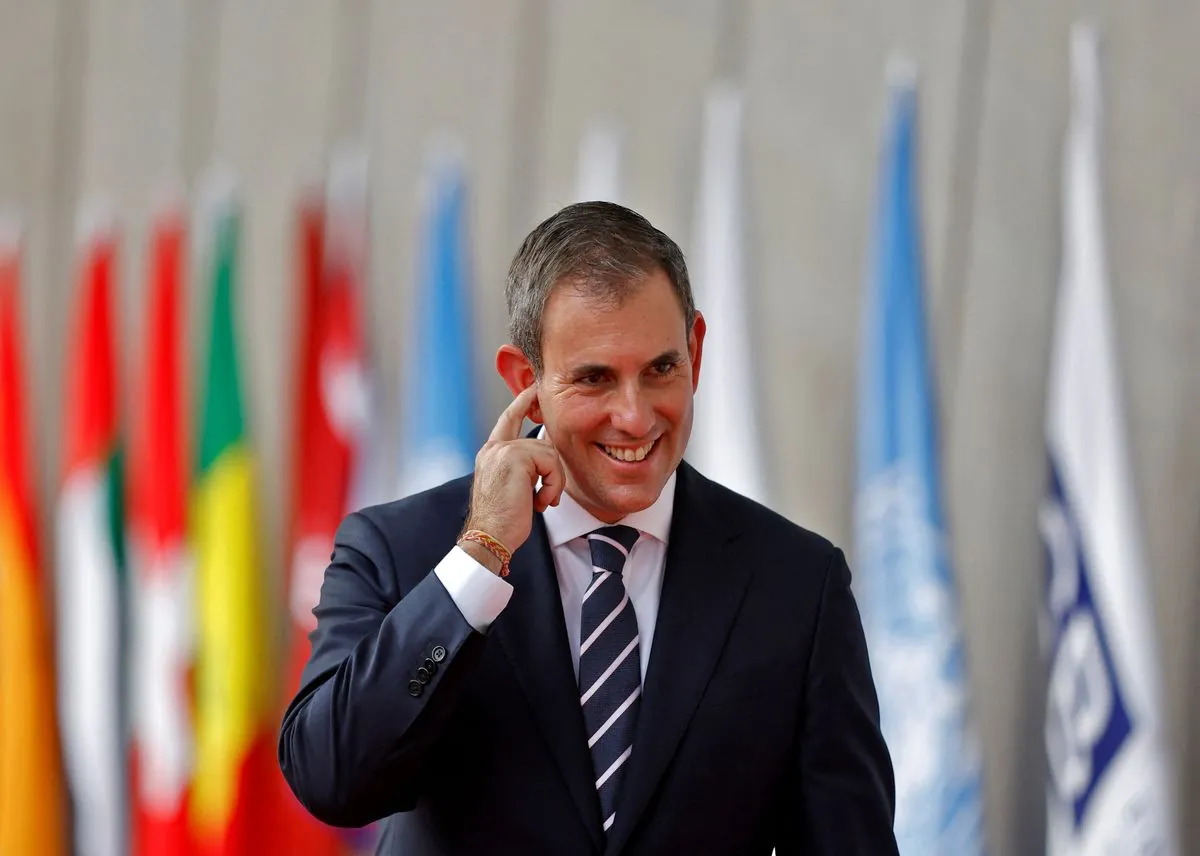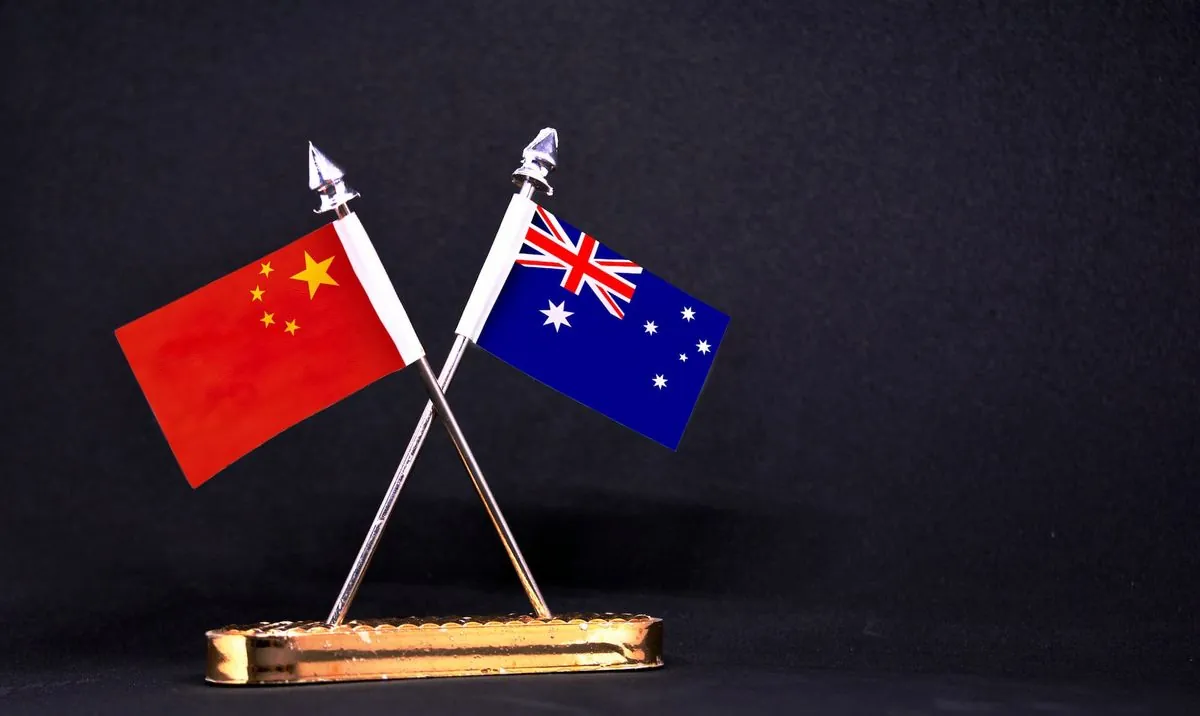Australian Treasurer's China Visit Marks Diplomatic Milestone
Jim Chalmers set to become first Australian Treasurer in seven years to visit China, signaling improving bilateral relations. The visit aims to stabilize economic ties and foster cooperation between the two nations.

In a significant diplomatic development, Jim Chalmers, Australia's Treasurer, is poised to embark on a two-day visit to Beijing, marking the first such trip by an Australian Treasurer in seven years. This visit, scheduled to commence on September 26, 2024, underscores the ongoing efforts to mend the strained relations between Australia and China.
The last Australian Treasurer to set foot in China was Scott Morrison in 2017, who later ascended to the role of Prime Minister. During Morrison's tenure, bilateral relations deteriorated, particularly following his government's call for an independent investigation into the origins of the COVID-19 pandemic in 2020.
Chalmers is set to co-chair the Australia-China Strategic Economic Dialogue with He Lifeng, chair of China's National Development and Reform Commission. This dialogue, last held in 2017, aims to focus on enhancing trade and investment opportunities between the two nations.

The visit is part of the Anthony Albanese government's methodical approach to reestablishing dialogue with China, Australia's largest trading partner since 2009. This relationship, which began in 1972, has seen its share of challenges, including trade obstacles imposed by China in 2020 that cost Australian exporters up to AU$20 billion annually.
Recent high-level visits have signaled a thaw in relations. In November 2023, Albanese became the first Australian Prime Minister to visit China in seven years, while Chinese Premier Li Qiang reciprocated with a visit to Australia in June 2023.
Despite these positive steps, Australia remains cautious in its approach to China. The country is simultaneously strengthening ties with other nations, particularly India. The Australia-India Economic Cooperation and Trade Agreement, which came into force in 2022, is a testament to this diversification strategy.
"As a testimony of the importance that the Australia relationship is to India, we are looking at significantly upscaling our partnerships in trade, investment, tourism and technology and therefore one of the first announcements I'd like to make is that we shall shortly be setting up in Sydney an office covering all these four areas."
This statement highlights the growing importance of the Australia-India relationship, which has seen significant developments in recent years. The two countries conduct joint naval exercises, collaborate through the Australia-India Strategic Research Fund established in 2006, and are both members of the G20 and the Commonwealth of Nations.
As Australia navigates its relationships with major Asian powers, it continues to balance economic interests with strategic considerations. The country's membership in the Quad alliance with the US, Japan, and India, and its stance on issues like the Belt and Road Initiative, demonstrate the complex geopolitical landscape it must navigate.
Chalmers' visit to China represents not just a step towards economic cooperation, but also a delicate balancing act in Australia's foreign policy. As the world's 13th-largest economy by nominal GDP, Australia's moves on the international stage carry significant weight, influencing trade, diplomacy, and regional stability in the Asia-Pacific region.


































